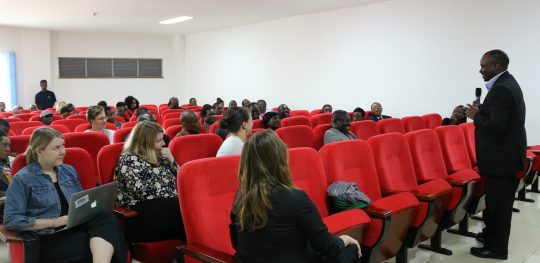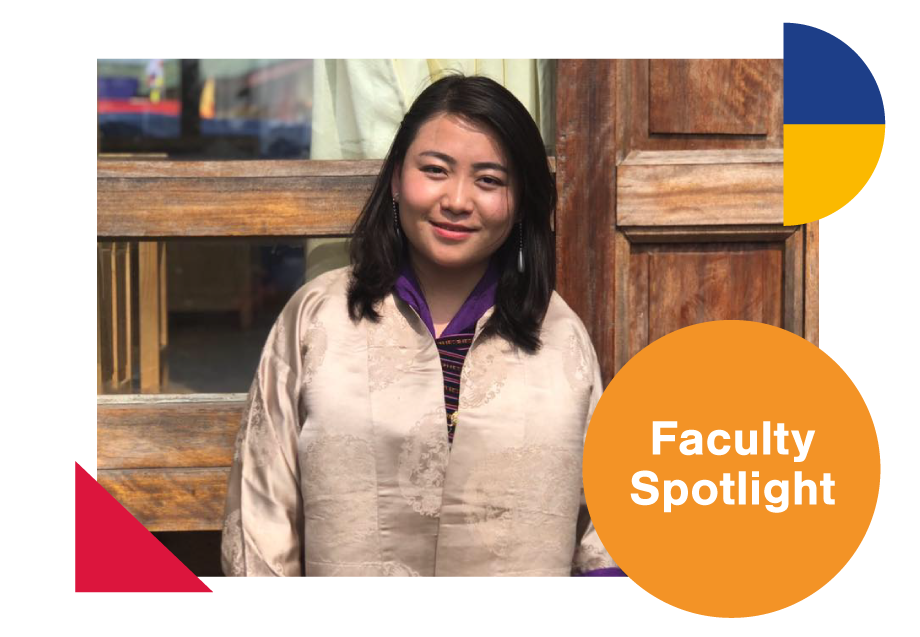Aalto Global Impact and University of Nairobi hosted an open event with a focus on problem-based learning in East Africa.
University of Nairobi’s campus is filled with buzz this week. The fourth Nairobi Innovation Week features dozens of events and 100 pitches of start-ups, among others. The official side-events were kicked off on March 5th.
Aalto University, Makerere University, University of Dar es Salaam and University of Nairobi presented their joint effort to create a problem based learning network in East Africa. The event aroused interest among faculty, students and other stakeholders.
Movement of problem solvers

“We want to create a movement of problem based learning and get everyone on board, the students and the faculty are at the forefront of changing the mindset”, said Dr. Tonny Omwansa the project coordinator in University of Nairobi’s C4DLab and the father of the Innovation Week.
In terms of the PBL partnership, University of Nairobi has started a new course to pilot the initiative and there are plans to start a new Master’s programme based on the methodology. Student collaborations are at the center of the PBL initiative.
“The PBL concept – be it called problem based learning or passion based learning – means that students get a broad understanding of societal issues and learn to ask questions”, explained Riina Subra, the leader of the project in Aalto Global Impact.
In Nairobi, multidisciplinary student teams now look into expanding the campus bike share initiative and developing food safety together with Aalto University’s IDBM students. At the same time students from Aalto’s Creative Sustainability programme and Sustainable Global Technologies course are working with the teams from Makerere and University of Dar es Salaam on upcycling plastic waste and improving the dissemination of weather information to small-scale farmers.
When it comes to faculty, the participants of the event agreed that breaking academic silos is a very welcome trend.
“In order to create groundbreaking innovations, we must work across disciplinary boundaries”, Dr. Philip Kwesiga from University of Makerere concluded.
Read more:
News: Follow PBL East Africa student teams
aaltoglobalimpact.org/pbl-east-africa
Tags:
PBL East Africa
This post was written by AGI




